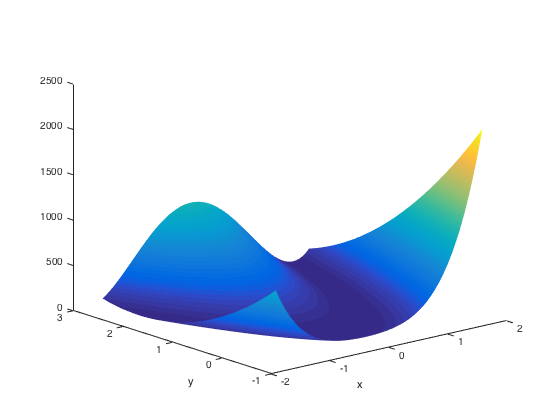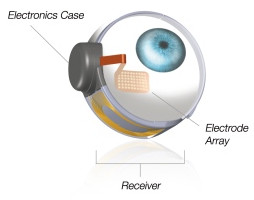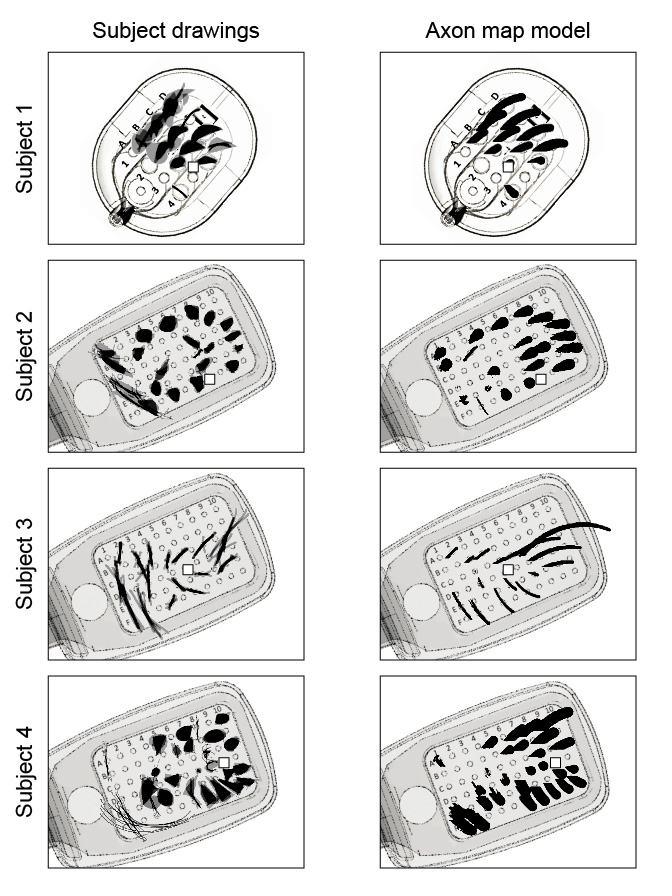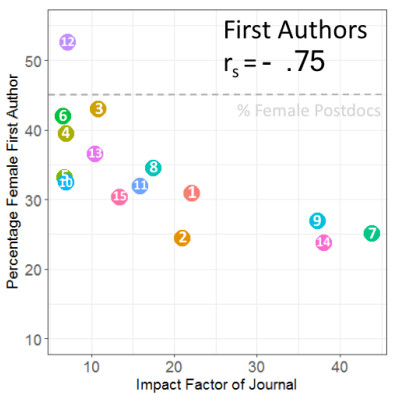UW Toolbox
A Matlab toolbox for vision research
 The UW toolbox is a suite of Matlab functions used in vision research,
created by Geoff Boynton and Ione Fine,
and maintained by Kelly Chang.
The UW toolbox is a suite of Matlab functions used in vision research,
created by Geoff Boynton and Ione Fine,
and maintained by Kelly Chang.
GitHub repo
pulse2percept
A Python-based simulation framework for bionic vision
 Retinal dystrophies such as retinitis pigmentosa and macular degeneration
result in profound visual impairment in more than 10 million people worldwide.
One treatment approach, visual neuroprostheses, aims to restore vision
by electrically stimulating surviving cells in the retina,
analogous to cochlear implants.
Retinal dystrophies such as retinitis pigmentosa and macular degeneration
result in profound visual impairment in more than 10 million people worldwide.
One treatment approach, visual neuroprostheses, aims to restore vision
by electrically stimulating surviving cells in the retina,
analogous to cochlear implants.
To better understand the outcomes of this technology, we developed pulse2percept,
an open-source Python implementation of a computational model
that predicts the perceptual experience of retinal prosthesis patients
across a wide range of implant configurations.
GitHub repo
Documentation
Beyeler et al. (2017)
Publications
Beyeler et al. (2019): A model of ganglion axon pathways accounts for percepts elicited by retinal implants
 Current retinal implant users report seeing distorted and often elongated shapes
rather than small focal spots of light that match the shape of the implant electrodes.
Current retinal implant users report seeing distorted and often elongated shapes
rather than small focal spots of light that match the shape of the implant electrodes.
Here we show that the perceptual experience of retinal implant users can be accurately predicted
using a computational model that simulates each individual patient’s retinal ganglion axon pathways.
This opens up the possibility for future devices that incorporate stimulation strategies
tailored to each individiual patient’s retina.
Beyeler et al. (2019)
Preprint
Code
Data
Shen et al. (2018): Women in high-profile journals
 Our analysis of primary research papers in
15 prestigious multidisciplinary and neuroscience journals
in the MEDLINE database
indicates that the proportion of female authors in these journals
has been consistently low over the past 13 years.
Our analysis of primary research papers in
15 prestigious multidisciplinary and neuroscience journals
in the MEDLINE database
indicates that the proportion of female authors in these journals
has been consistently low over the past 13 years.
Publication in distinguished journals advances careers,
so this under-representation negatively affects the careers
of thousands of female scientists.
Shen et al. (2018)
Preprint
Code